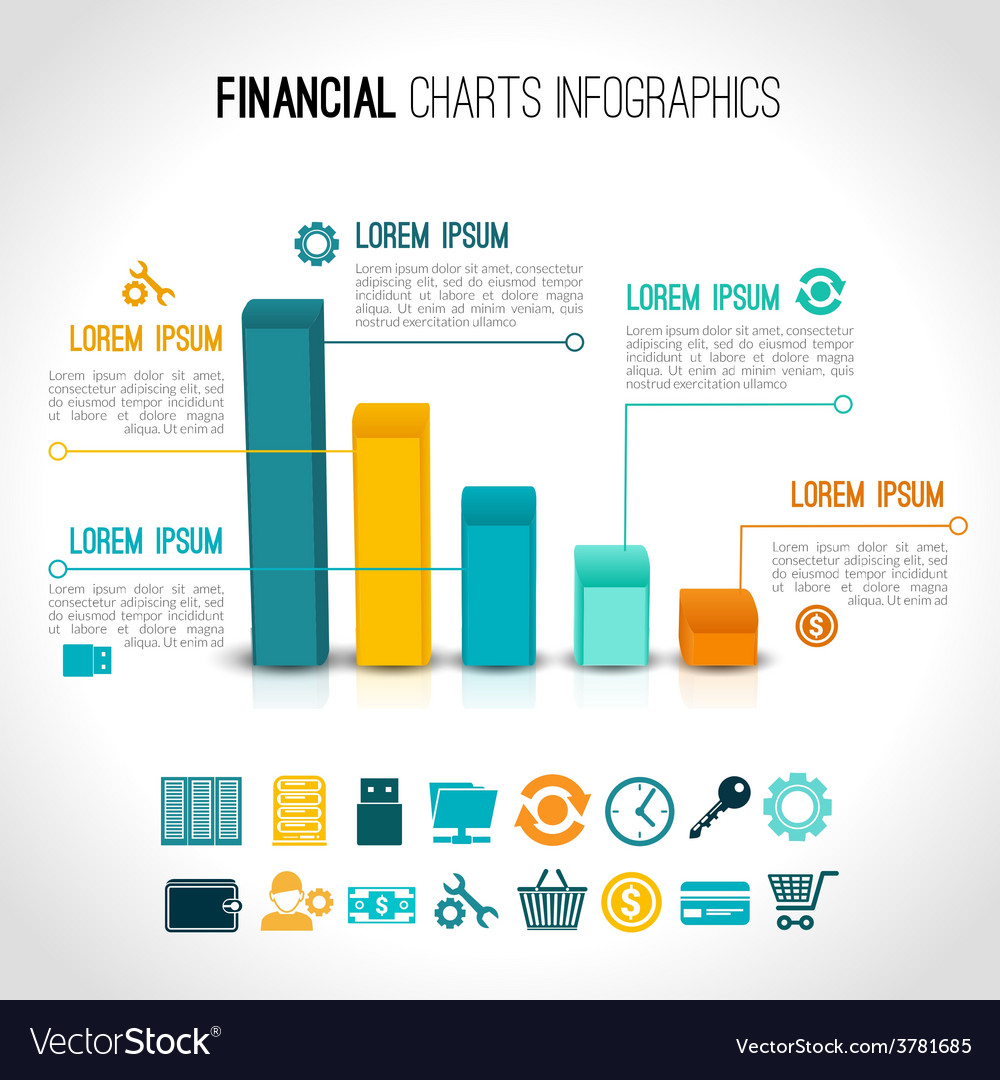Surety Bonds Explained: A Thorough Overview Tailored For Specialists
Surety Bonds Explained: A Thorough Overview Tailored For Specialists
Blog Article
Published By-Skaarup Porter
Are you a specialist struggling to browse the complex world of Surety agreement bonds? Look no more! This thorough overview has obtained you covered.
From understanding the relevance of Surety bonds to discovering the various kinds available, we'll stroll you via the entire process.
With our step-by-step guidelines, acquiring Surety agreement bonds will certainly be a wind. Say goodbye to confusion and hi to satisfaction.
Prepare get more info to conquer the world of Surety contract bonds!
The Importance of Surety Agreement Bonds
You need to understand the significance of Surety agreement bonds as a contractor.
Surety contract bonds play an essential duty in the building and construction industry. These bonds provide financial protection and assurance to project proprietors that you, as a contractor, will meet your legal responsibilities.
By acquiring construction license , you're basically guaranteeing that you'll finish the job according to the terms specified in the contract. This offers peace of mind to project owners, as they know they'll be compensated if you stop working to meet your responsibilities.
Furthermore, Surety bonds also show your credibility and dependability as a professional. They act as a kind of validation that you have the necessary certifications, experience, and monetary security to carry out the project effectively.
Understanding the Sorts Of Surety Contract Bonds
To completely comprehend the kinds of Surety agreement bonds, contractors should acquaint themselves with the numerous alternatives offered.
There are three major sorts of Surety contract bonds that professionals must know: quote bonds, performance bonds, and settlement bonds.
Proposal bonds are normally required when a contractor is sending a bid for a building and construction project. This bond guarantees that if the professional is granted the project, they'll enter into a contract and provide the needed performance and settlement bonds.
Performance bonds ensure that the contractor will finish the task according to the terms of the agreement.
Repayment bonds protect subcontractors and suppliers by ensuring that they'll be paid for their work with the job.
Steps to Obtain Surety Contract Bonds
To acquire Surety agreement bonds, professionals must follow a collection of actions to guarantee their eligibility and protect the required bonding.
The initial step is to analyze your monetary standing. Surety bond companies will certainly examine your monetary stability, credit history, and previous job experience to identify if you satisfy their underwriting demands.
The second step is to select a respectable Surety bond supplier. Research various providers, compare their prices, and consider their expertise in the construction sector.
As soon as you have actually chosen a supplier, you'll require to finish an application form and send it with the necessary supporting papers. These files might include financial declarations, work experience records, and references.
After assessing your application, the Surety bond supplier will certainly establish your bond quantity and release the bond if you're accepted.
bond assurance is very important to begin this procedure early to guarantee you have the necessary bonding in place prior to beginning any building tasks.
Conclusion
So bear in mind, Surety contract bonds are important for specialists, providing financial protection and ensuring task conclusion. Recognizing the different types and steps to get these bonds is crucial.
Did you understand that the Surety bond industry has expanded significantly in the last few years? In 2019 alone, the market dimension was approximated to be about $4.9 billion, and it's predicted to reach $8.3 billion by 2026. This shows the enhancing significance of Surety agreement bonds in the construction sector.
